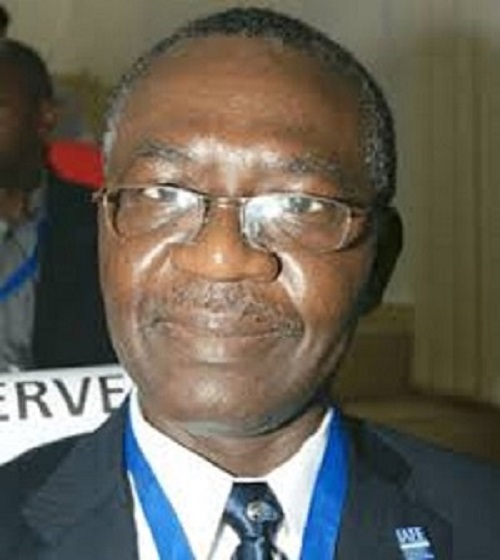Professor Omowumi Iledare
…Nigeria at a Critical Energy Crossroads
Renowned energy economist, Professor Wumi Iledare, has cautioned that Nigeria’s petroleum economy stands at a historic crossroads, amid global energy transition, market volatility, and domestic governance challenges. Speaking at the NAEE Annual Petroleum Roundtable, Iledare emphasized that uncertainty, though inevitable, “need not paralyze us — it can be turned into opportunity through credible governance and adaptive strategy.”
The Unfulfilled Promise of the PIA
According to Iledare, the Petroleum Industry Act (PIA) 2021 remains the most ambitious legislative reform in Nigeria’s oil and gas history, but its implementation has fallen short of expectations. He noted that delayed board constitutions, overlapping roles, and political interference have slowed the realization of the PIA’s objectives.
“The PIA separated policy, regulation, and commercial roles for a reason — to end the era of political discretion. When MOFI begins to act like a policymaker or the Ministry is sidelined, the integrity of the PIA’s architecture is compromised,” he said.
The Three Roads before Nigeria
Iledare outlined three possible roads ahead for Nigeria’s petroleum economy:
- The Convenience Road — cosmetic reforms without structural change.
- The Command Road — administrative control and price regulation, politically popular but unsustainable.
- The Institution Road — a rule-based, transparent, and competitive governance model.
“I advocate the Institution Road,” he declared, “because it respects posterity over populism and value creation over volume theatrics.”
Managing Uncertainty with Real Options
The emeritus professor urged policymakers to adopt real options thinking — keeping flexibility while committing to progress. He called for diversification of evacuation routes, prioritization of gas industrialization, and open-access logistics in refining and distribution.
“In energy policy, the goal is not to predict the future but to remain right even when the forecast is wrong,” he stated.
Five Imperatives for Nigeria’s Energy Future
Professor Iledare summarized his recommendations under five key imperatives:
- Institutional Integrity – constitute and protect regulatory boards, safeguard tenure, and preserve role clarity.
- Competitive Neutrality – ensure open access and transparency in tariffs and licensing.
- Downstream Confidence – promote refinery competition, protect the poor through direct transfers, not subsidies.
- Gas as Industrial Backbone – integrate gas policy with industrial development and power reliability.
- Data and Accountability – digitize, meter, and publish performance results.
From Policy to Public Interest
Iledare concluded by reminding stakeholders that the ultimate goal of the PIA is public welfare, not political expediency.
“Nigeria is not energy-poor; Nigeria is governance-constrained. The PIA provides a compass, but courage must drive the journey,” he stressed. “We must choose institutions over individuals, policy over politics, and posterity over prosperity.”
Endnote
The NAEE Roundtable, a flagship policy dialogue of the Nigerian Association for Energy Economics (NAEE), brought together leading policymakers, regulators, industry executives, and scholars to examine the theme: “Uncertainty in the Emerging Energy Landscape and the PIA Era: Nigeria’s Petroleum Economy at a Crossroads.”
Professor Wumi Iledare, PhD, FNAEE, SrFUSAEE, FEIN
Professor Emeritus of Petroleum Economics
Principal Facilitator, FUPRE Energy Business School
Executive Director, Emmanuel Egbogah Foundation, Abuja


Comment here